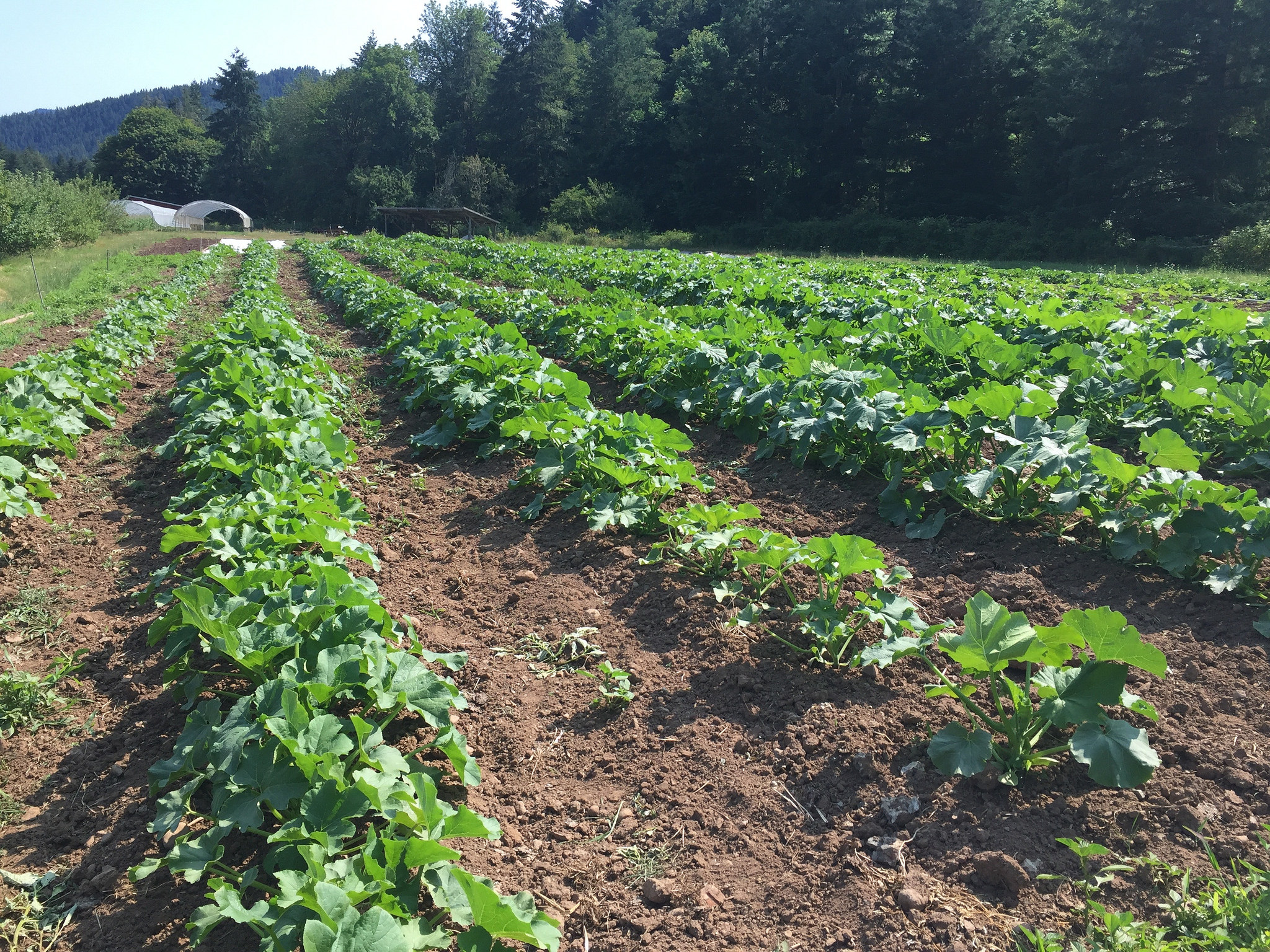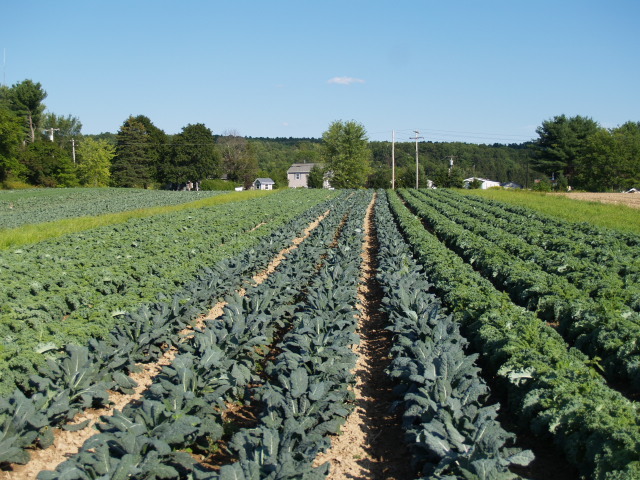
By Bill Day, The Pfeiffer Center
The world of organics is in a crisis that could lead to a major shakeout of the USDA’s National Organic Program (NOP), which determines what foods can carry the familiar “organic” seal. Across the country, veteran producers and devoted consumers are questioning the value of the program, and even their future participation. Could this be the moment in history when biodynamics steps into the forefront of the organic movement?
Last November 1, an advisory board to the US Department of Agriculture voted 8-7 to reject a proposal to prohibit putting the organic label on hydroponic and aquaponic produce.
Since 2000, the NOP has regulated the organic marketplace under the Organic Foods Protection Act. In setting NOP standards, the USDA is required by law to consult with the National Organic Standards Board (NOSB), a 15-member panel of farmers, organic industry representatives, environmental activists, and scientists. Despite a 2010 NOSB recommendation to exclude soilless growing methods, the USDA has certified hydroponic and aquaponic growers as organic for many years. That de facto approval of hydroponics is what prompted the proposal that was voted down last November.
Can soilless growing be organic? The NOSB’s 1995 definition of organic calls for “an ecological production management system that promotes and enhances biodiversity, biological cycles, and soil biological activity. It is based on minimal use of off-farm inputs and on management practices that restore, maintain, and enhance ecological harmony.” A later definition, placed in the Code of Federal Regulations in 2002, does not mention soil but does call for “a production system that . . . respond[s] to site-specific conditions by integrating cultural, biological, and mechanical practices that foster cycling of resources, promote ecological balance, and conserve biological diversity,” conditions that seem to exclude soilless techniques. A 2010 NOSB recommendation stated: “Growing media shall contain sufficient organic matter capable of supporting natural and diverse soil ecology. For this reason, hydroponic and aeroponic systems are prohibited.” In short, NOP’s de facto endorsement of hydroponics directly contradicted the judgment of the NOSB. It also highlighted a growing awareness that USDA rulemaking often serves the business interests of producers who put efficiency and market share ahead of organic principles.
Press accounts have called this episode “The Battle over the Future of Organic” and stated that “pioneers of organic farming are threatening to leave the program they helped create.” The biodynamic movement must stand ready to welcome organic producers and consumers who demand agriculture that works in the soil, that rejects artificial inputs of all kinds, and that supports ecological diversity on the farm. Biodynamics is based on building soil health and vitality through composting, cover cropping, and crop rotation. In biodynamics, inputs sourced off the farm are avoided; the ideal biodynamic farm generates all the substances and forces it needs to build up and maintain a continuously improving, fertile environment. Biodynamic practices support water and soil conservation, balanced fertility, pest management, and biodiversity.

In remarks submitted to last November’s NOSB hearing, Demeter Association Executive Director Jim Fullmer stated: “The Demeter Farm Standard [for Biodynamic® agriculture] has never permitted production void of earth. Demeter has always appreciated that the NOP regulation reads similarly, in accord with the historic evolution of the organic movement itself. In the US, Demeter has long used the NOP regulation as a base for Demeter requirements. But Demeter will never recognize soilless growing.”
To anyone who feels that they have lost their home in the organic movement, we say: Biodynamics is here for you!
Bill Day is Development Coordinator (and beekeeper) at the Pfeiffer Center, a biodynamic research and training institution located in Chestnut Ridge, NY.
SOURCES
https://www.cornucopia.org/2015/03/hydroponics-organic/
https://www.washingtonpost.com/news/wonk/wp/2017/11/02/pioneers-of-organ...
https://www.npr.org/sections/thesalt/2017/11/02/561462293/hydroponic-veg...
https://www.outsideonline.com/1996331/should-hydroponically-grown-produc...
https://modernfarmer.com/2017/05/is-hydro-organic-farming-organic/
https://www.cornucopia.org/2018/02/usda-accused-disseminating-corporate-...

Añadir nuevo comentario